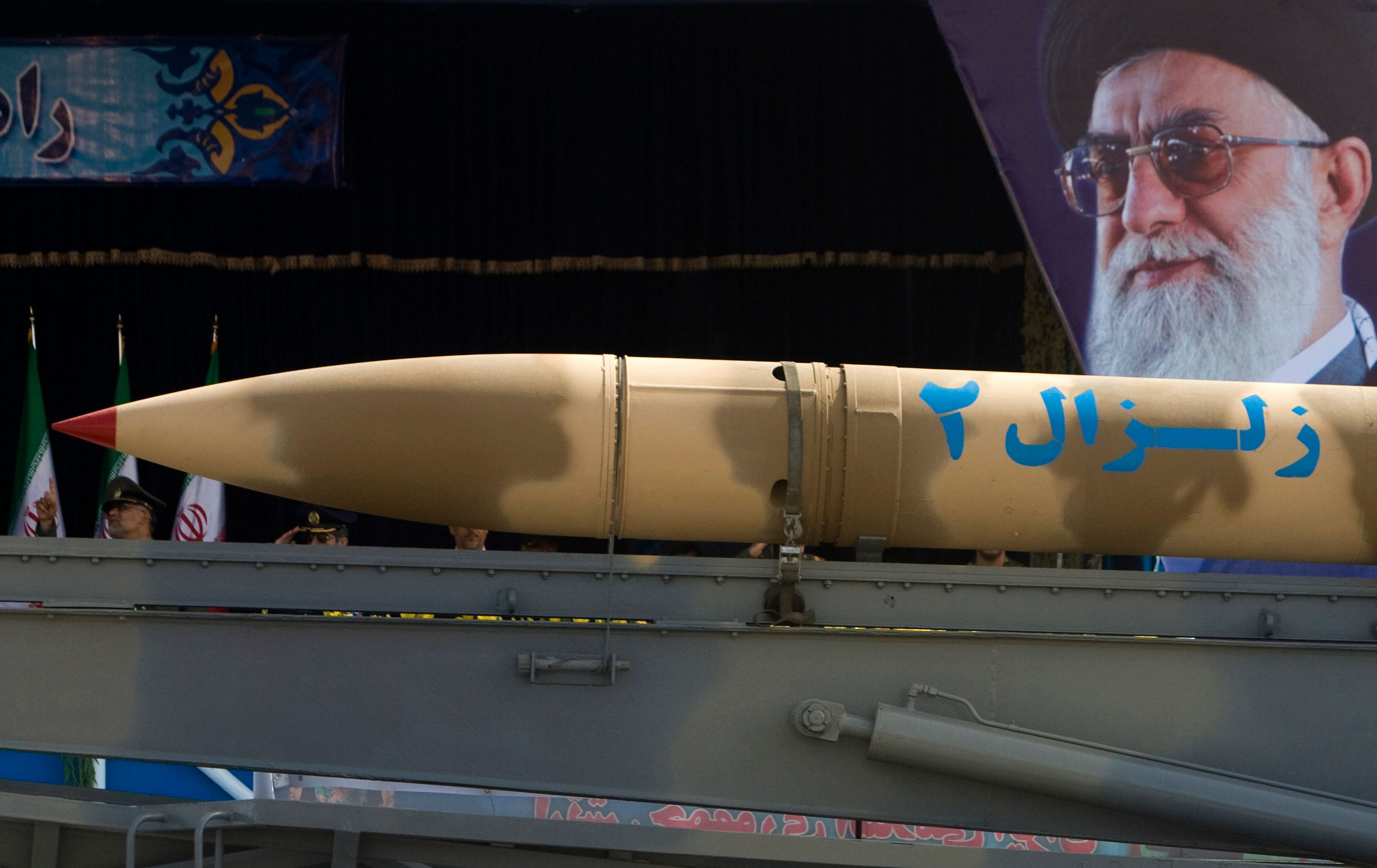Iran's main nuclear site gets hit: An explosion at the Natanz nuclear site, Iran's main nuclear facility, will likely set back Tehran's nuclear program by months, the Islamic Republic confirmed Sunday. A powerful bomb evidently destroyed infrastructure that Iran has used in recent years to build more advanced centrifuges to enrich uranium — fuel that can be used to make an atomic bomb. The attack has been widely attributed to Israel, though the Israeli government rarely acknowledges actions carried out by its intelligence agencies. Since President Trump walked away from the Iranian nuclear deal in 2018, isolating the US from its European allies, Iran has flouted its own commitments by ramping up its production of enriched uranium and blocking international inspectors from key nuclear facilities. Now, analysts warn that this latest episode could push Iran to move more of its enrichment programs in harder-to-find places underground.
Serbia-Kosovo to resume talks: EU-sponsored talks between longtime foes Kosovo and Serbia will resume this week, almost two years after a disagreement over territorial exchanges prompted Kosovo to slap 100 percent tariffs on Serbian products. The aim of the talks is to reach a peace deal between Serbia and Kosovo, the majority-Albanian region of Serbia that suffered a campaign of Serb-directed ethnic cleansing in the late 1990s and then declared independence with US and EU backing in 2008. Though the EU has long brokered talks between the rivals in the hopes of stabilizing the Western Balkans and strengthening their ties with the EU, the US has recently tried to play a more prominent role in overseeing a détente between the two sides, presenting a rival plan that riled the EU. Meanwhile, Kosovo's President Hashim Thaçi was forced to abandon a meeting with President Trump last month when the Hague announced they had filed war crimes charges against him.
The Dominican Republic has a new president: Opposition candidate Luis Abinader is poised to become the next president of the Dominican Republic after amassing an insurmountable lead over the incumbent, Gonzalo Castillo. Abinader, a US-educated businessman whose second surname is, as it happens, Corona, won despite having to briefly suspend his campaign to recover from the coronavirus himself. The vote had originally been planned for May but was postponed due to the pandemic. Abinader will be just the second member of the Lebanese diaspora to lead a Caribbean country after Robert Malval, who was prime minister of neighboring Haiti from 1993-1994. In addition to addressing the devastating economic blow of losing tourism inflows, Abinader will also have to manage a delicate issue with neighboring Haiti: the spread of COVID-19 in Haiti attributed to migrants returning home from the Dominican Republic.More For You
Walmart is investing $350 billion in US manufacturing. Over two-thirds of the products Walmart buys are made, grown, or assembled in America, like healthy dried fruit from The Ugly Co. The sustainable fruit is sourced directly from fourth-generation farmers in Farmersville, California, and delivered to your neighborhood Walmart shelves. Discover how Walmart's investment is supporting communities and fueling jobs across the nation.
Most Popular
President Trump’s second term has rapidly reshaped global politics, with the US wielding power more aggressively, targeting weaker countries and even allies, Stephen Walt explains on GZERO World.
Ian Bremmer breaks down a sudden and serious transatlantic crisis: President Trump’s insistence that the United States must have sovereignty over Greenland.
It’s been a year since President Trump returned to office. How has the world changed? Stephen Walt joins Ian Bremmer on GZERO World.
